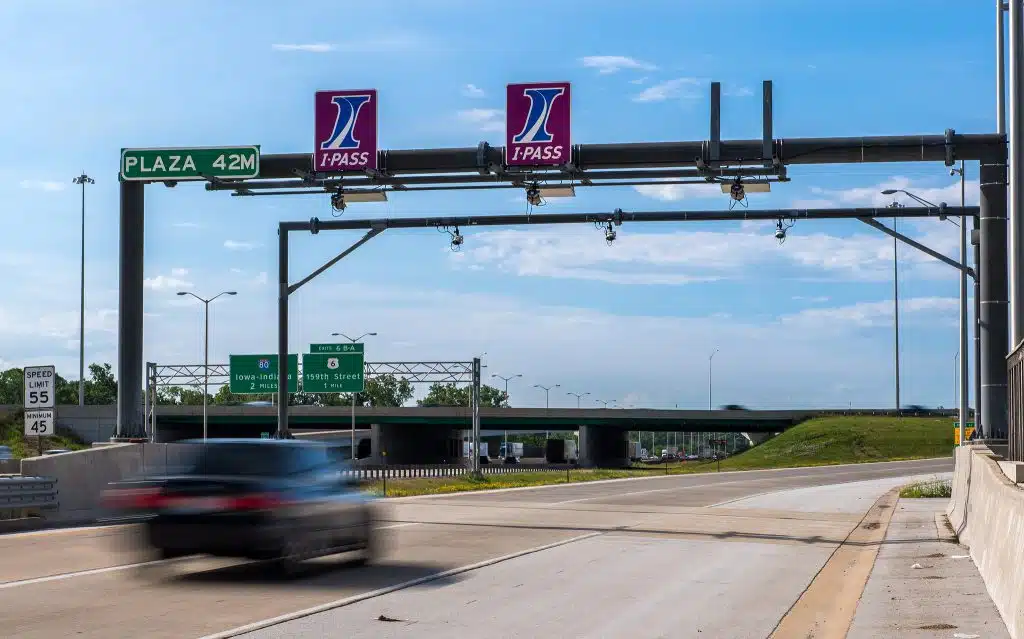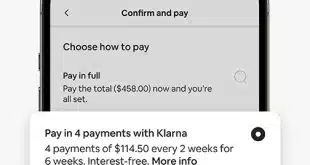With summer travel on the rise, fraudsters are readier than ever to take advantage of unwary motorists. Toll-road fraud is generating complaints in at least a dozen states, says the Identity Theft Resource Center in a report issued this month.
The latest scam involves text messages impersonating a toll authority and sent to motorists claiming they skipped toll payments on a recent trip. The messages include links the recipient can use to “make good” on the debt by typing in credit card information. The messages the ITRC has seen use nearly identical words, the Center’s report says.
Beyond that, the scammers also plan to use the information they harvest from these messages for future attacks, the Center warns. And that may only be the start of the damage, the organization warns. “The links may be malicious and contain malware that could steal data or damage your device,” the alert says.

Estimates for the volume of losses to toll-road fraud were not immediately available. So far, the El Cajon, Calif.-based ITRC has identified such scams in at least a dozen states, including Virginia, North Carolina, Colorado, Pennsylvania, Ohio, New York, Indiana, New Jersey, Georgia, California, Texas and Illinois.
Such text messages, generated in a fraud that has come to be called “smishing,” spurred more than 2,000 complaints from motorists in at least three states to the Federal Bureau of Investigation earlier this year, the ITRC reports.
The ITRC reports the text of one fraudulent toll-collection message it has seen read: “We’ve noticed an outstanding toll amount of $12.51 on your record. To avoid a late fee of $50.00, visit https://myturnpiketollservices.com to settle your balance.” The Center advises recipients of such texts to ignore them but also to check their toll account and to report the attempted fraud to the FBI.
The United States is criss-crossed by a network of at least 5,000 miles of toll roads, according to the International Bridge, Tunnel, and Turnpike Association. While not all summer trips are made by car, the automobile accounts for vast majority of them—some 91%, according to the Bureau of Transportation Statistics, part of the U.S. Department of Transportation.





